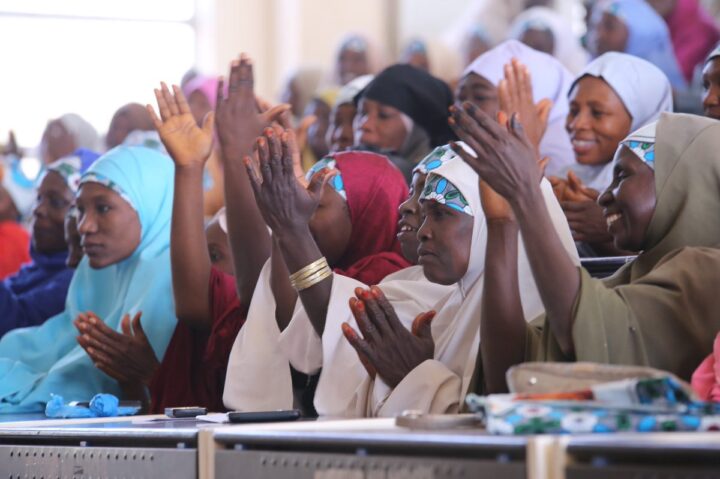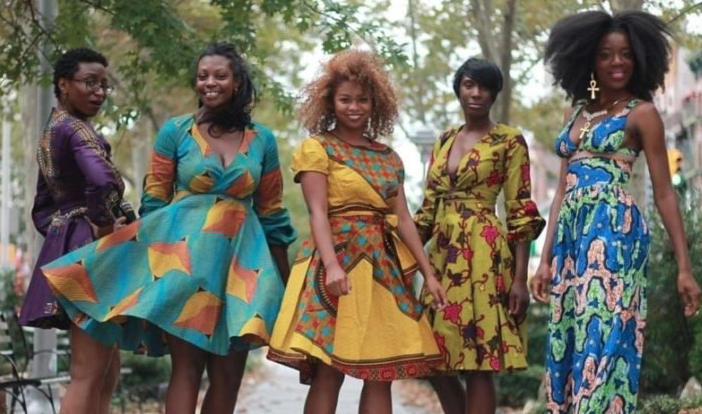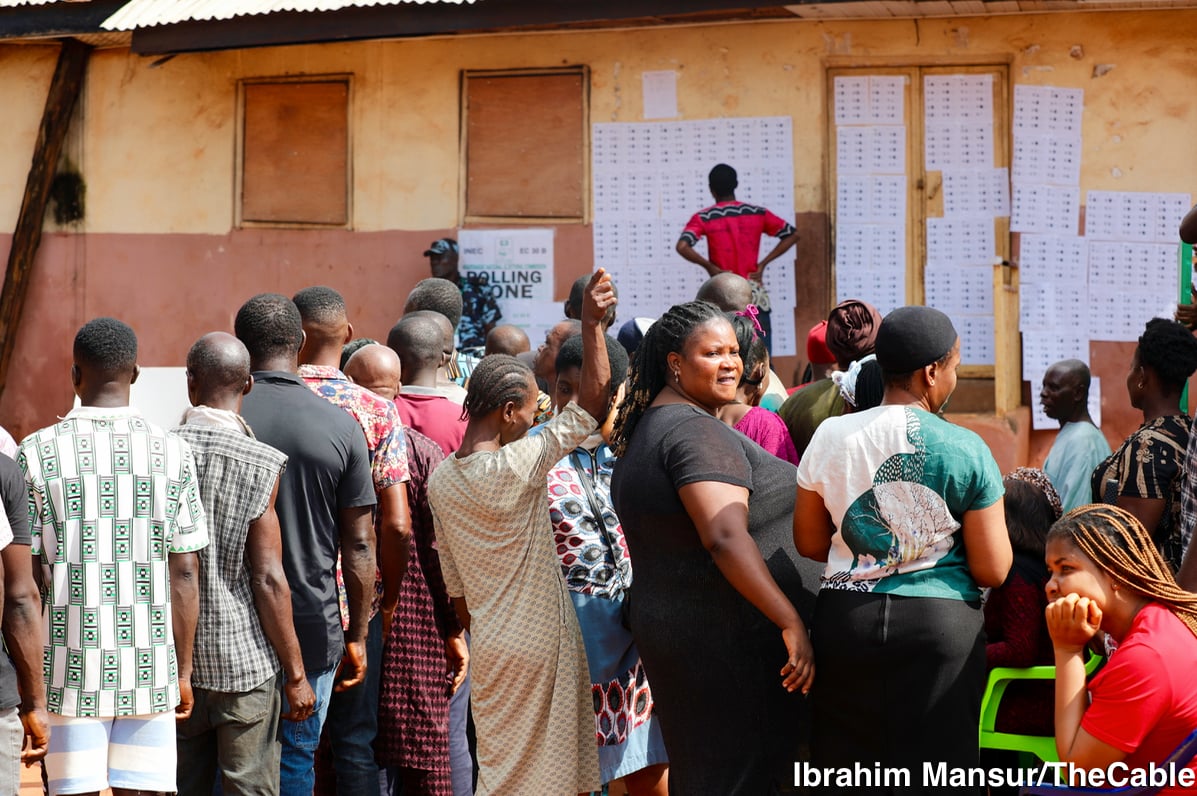BY ABIODUN BAIYEWU
What most Nigerians know about Olufunmilayo Ransome Kuti is that she was the first Nigerian woman to drive a car! That was what they were taught. They have no idea how she led other women to depose a corrupt monarch, insisted on transparency in government, fought against the brutality of security forces, and mobilised women to stand patriarchal governance down and demand representation on the Egba Central Council, and inched Nigeria closer to independence from British colonialists. She was notoriously known as “The Lioness of Lisabi” and she lived up to her title. In the minds of most Nigerian children, national heroes are men or not at all.
Amazingly, Nigerians appear to have made a 360° and are back standing at the same socioeconomic and political spot and are challenged with the same problems: gender inequities, corruption and abuse of power. Security forces brutality (which led to one of the most iconic civic movements popular known as #EndSARS), inequitable tax regimes, including taxation without representation.
Considering that women make up about 50% of the population, the participation of women in politics in Nigeria is incredibly low. In the current 9th National Assembly, women constitute roughly 6% of the total number of parliamentarians (7 of 109 Senators; and 22 of 360 members of the House of Representatives). This ranks Nigeria at the bottom 3 countries on the parliamentarian parity board in Africa along with Eritrea and Sudan, countries rife with conflicts exacerbated by inequalities.
Advertisement
On March 1, 2022, the very first day of International Women’s Month, Nigerian parliamentarians rejected 5 gender bills.
The 5 bills sought to amend:
Citizenship: Section 26(2) of the constitution, which Nigerian grants men the right to pass on citizenship rights to their foreign-born wives, but does not grant Nigerian women the same right to accord citizenship to their foreign-born spouses.
Advertisement
Indigeneship: Sections 31 and 318(1) of the constitution to allow indigeneship by marriage.
Ministerial nominations: Sections 147 and 192 of the constitution to ensure a minimum of 20% (house of representatives) or 10% (senate) ministerial or commissioner nominees are women.
Reserve seats: Sections 48, 49, and 71 of the constitution to create an additional 111 seats for women representatives at the national and state houses of assembly which is currently made up of 95.9% men.
Affirmative action: Section 223 of the constitution to provide 35% affirmative action to ensure women occupy at least 35% in political party administration and appointive positions across federal and state levels.
Advertisement
Nigerian women have again taken to the streets to protest this anomaly that suggests that women are not equal citizens in spite of the fact that they constitute roughly 50% of the population and are mandated to pay the same amount in taxes as men. More importantly, the national constitution forbids discrimination based on gender and insists on equality before the law.
Other forms of gender inequity that are holding Nigerian women down today include economic disparity. For instance, according to the report published by the National Bureau of Statistics, 50% of Nigerian women work in only 7 occupations, with most occupying clerical, sales, healthcare, social care, and teaching jobs.
Across board, men occupy 65.3% of senior positions compared to 34.7% by women. While the country is home to just 2.4% of the world’s population, it accounts for 10% of global maternal mortalities – an astounding rate of 576 per 100,000 live births— the fourth highest on earth. Child marriage remains rife, and 2 in 3 of the more than 13 million out of school children in the country (the highest in the world) are girls.
So, this international women’s month, Global Rights will be celebrating Nigerian women each day, reminding everyone of the role that they played at pivotal moments of the nation’s history and the biases that they suffer that we must collectively break. We will in particular be spotlighting contemporary women and girls in Nigeria’s civic space who are making an impact.
Advertisement
On the 11th of this month, we will hold a breakfast fireside chat with 5 amazing women who have broken their glass ceilings and have excelled in spite of the odds and gender biases stacked against them. Thereafter, we will be hosting a command performance of Beere – a stage biopic of the Egba Women’s Revolt led by the iconic Olufunmilayo Ransome Kuti, as a representation of hundreds of women like her, in Abuja and Lagos on March 18 and 25. (Send us an email at contact@globalrights if you would like to attend these physical events).
Finally, we invite YOU to celebrate the women in your life every day of this month; and if you are a woman, to take a step back, recount and celebrate how far you have come despite the odds. And like an old advert would say: “You’ve come a long way baby!”
Advertisement
In solidarity.
Abiodun Baiyewu is the executive director of Global Rights
Advertisement
Views expressed by contributors are strictly personal and not of TheCable.
Add a comment






